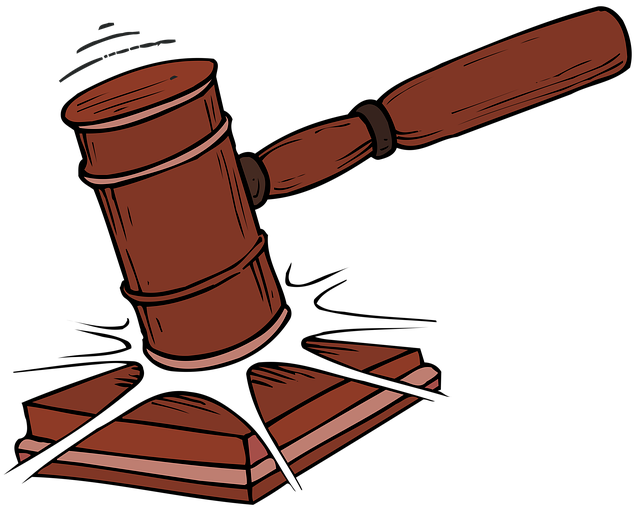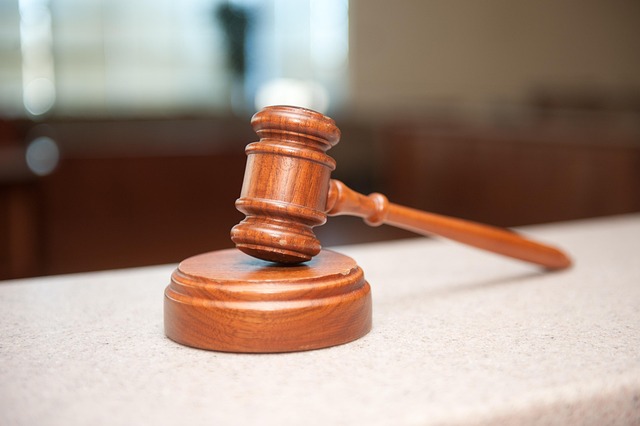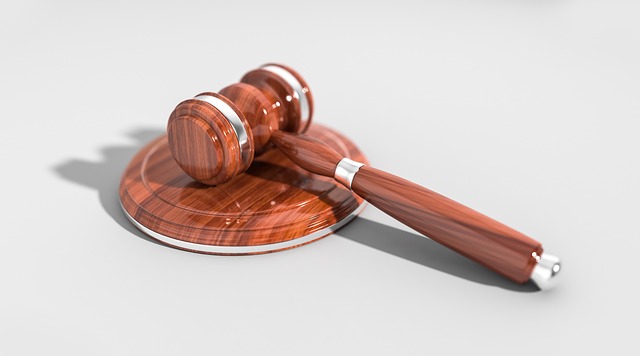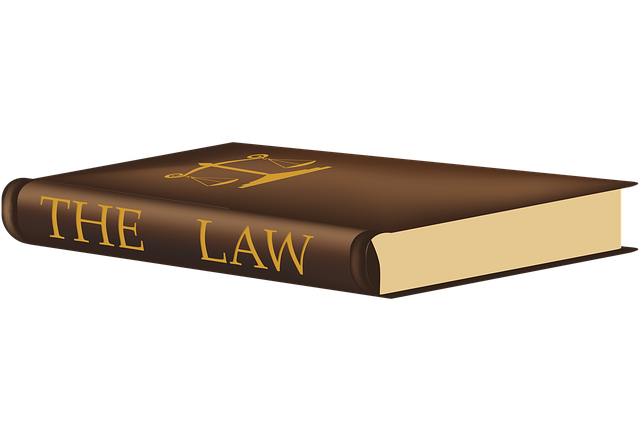Employment law violations, from discrimination to unsafe conditions, demand immediate action. Both employers and employees should understand these offenses to ensure legal and fair practices. Effective reporting involves documenting incidents, gathering evidence, and consulting labor law specialists. Prompt reporting through dedicated channels safeguards rights, prevents reputational damage, and promotes organizational accountability. Learn the structured process of How to Report Employment Law Violations to foster a safe, compliant work environment and protect against potential white-collar crimes.
“Uncover the intricacies of finance crime probes and learn how to recognize and report employment law violations. This comprehensive guide explores common offenses, from discrimination to wage theft, highlighting their significant impact on employees. Discover the critical role of reporting in protecting workers’ rights and fostering accountability. We provide a step-by-step guide on ‘How to Report Employment Law Violations’, empowering individuals to navigate legal procedures effectively. Additionally, we delve into investigation processes, prevention strategies, and the consequences of non-compliance, offering a holistic perspective on ensuring fair practices in the workplace.”
- Understanding Employment Law Violations: Common Offenses and Their Impact
- The Importance of Reporting: Protecting Employees and Promoting Accountability
- Steps to Report a Violation: A Comprehensive Guide for Employees
- Investigating the Complaint: Role of Authorities and Legal Procedures
- Prevention and Consequences: Ensuring Fair Practices in the Workplace
Understanding Employment Law Violations: Common Offenses and Their Impact

Employment law violations can take many forms, from discrimination and harassment to wage theft and unsafe working conditions. Understanding these common offenses is crucial for both employers and employees in order to maintain a fair and legal workplace. When an employment law violation occurs, documenting the incident, gathering evidence, and consulting with legal professionals specializing in labor laws are essential steps.
Knowing how to report such violations effectively can lead to winning challenging defense verdicts and ensuring justice for all parties involved. Employers with an unprecedented track record of compliance often find themselves better equipped to navigate complex legal scenarios, including white-collar and economic crimes. This proactive approach not only protects individuals but also fosters a culture of integrity within the organization.
The Importance of Reporting: Protecting Employees and Promoting Accountability

Reporting employment law violations is an integral part of maintaining a safe and compliant work environment. It plays a pivotal role in protecting employees from potential harm and ensuring that businesses adhere to legal standards. When an employee witnesses or experiences a violation, such as discrimination, harassment, or unfair labor practices, prompt reporting is crucial. This act not only safeguards the rights of individuals but also fosters a culture of accountability within organizations.
Knowing how to report these issues effectively is essential. Employees should be encouraged to document and report violations through established channels, ensuring their anonymity if needed. Many companies have dedicated human resources departments or ethical hotlines in place for such concerns. Prompt reporting allows for early intervention, preventing the escalation of high-stakes cases and protecting not only individuals but also the reputation of philanthropic and political communities that may be associated with the organization.
Steps to Report a Violation: A Comprehensive Guide for Employees

When an employee witnesses or experiences a violation of employment laws, it’s crucial to know the proper steps for reporting such incidents. The process can vary slightly depending on the respective business’s policies and local regulations, but a comprehensive guide is essential for ensuring that every report reaches the appropriate authorities effectively.
Start by documenting all relevant details about the violation, including dates, times, locations, and names of involved parties. Next, review your company’s internal reporting procedures and policy manual to understand the designated channels for such complaints. Many organisations have dedicated human resources departments or ethical hotlines designed to handle employment law violations and achieve extraordinary results in addressing them. If unsure, employees can reach out to legal advisors or external agencies with an unprecedented track record of supporting workplace justice.
Investigating the Complaint: Role of Authorities and Legal Procedures

When a complaint of financial crime is filed, authorities play a pivotal role in investigating the allegations. The process typically involves a series of legal procedures designed to ensure fairness and accuracy. Individuals who suspect employment law violations, such as discrimination or unfair termination, should be aware of the proper channels to report these concerns.
The first step often includes filing a formal complaint with the respective business’s internal compliance or human resources department. If the issue persists or is not adequately addressed, individuals can escalate their concerns to external regulatory bodies or legal authorities. These entities follow strict protocols to examine evidence, interview witnesses, and determine if there’s sufficient merit to proceed. The goal is to achieve a complete dismissal of all charges, ensuring the rights of both employees and businesses are protected through robust white-collar defense mechanisms.
Prevention and Consequences: Ensuring Fair Practices in the Workplace

Preventing finance crime starts with fostering a culture of ethical conduct and transparency within organizations. Employees should be encouraged to report any suspected employment law violations or unethical practices, as early detection can help avoid high-stakes cases and indictments for white-collar defense. Establishing clear reporting mechanisms, such as anonymous hotlines or confidential channels, allows individuals to come forward without fear of retaliation. Regular training sessions on compliance, regulatory updates, and ethical guidelines are essential tools in the fight against finance crime.
Consequences for violating employment laws can be severe, impacting not only the individual perpetrators but also the organization as a whole. Effective prevention strategies include implementing robust internal controls, conducting regular audits, and promoting open communication between employees and management. By adhering to fair practices, companies can mitigate risks, protect their reputation, and ensure long-term sustainability in an increasingly scrutinized business environment.
Understanding employment law violations and knowing how to report them effectively is crucial for fostering a culture of accountability and fairness in the workplace. By familiarizing yourself with common offenses, reporting mechanisms, and legal procedures, you empower yourself and your colleagues to stand up against injustices. Remember, every voice matters, and collective action can lead to meaningful changes in preventing and addressing employment law violations.






